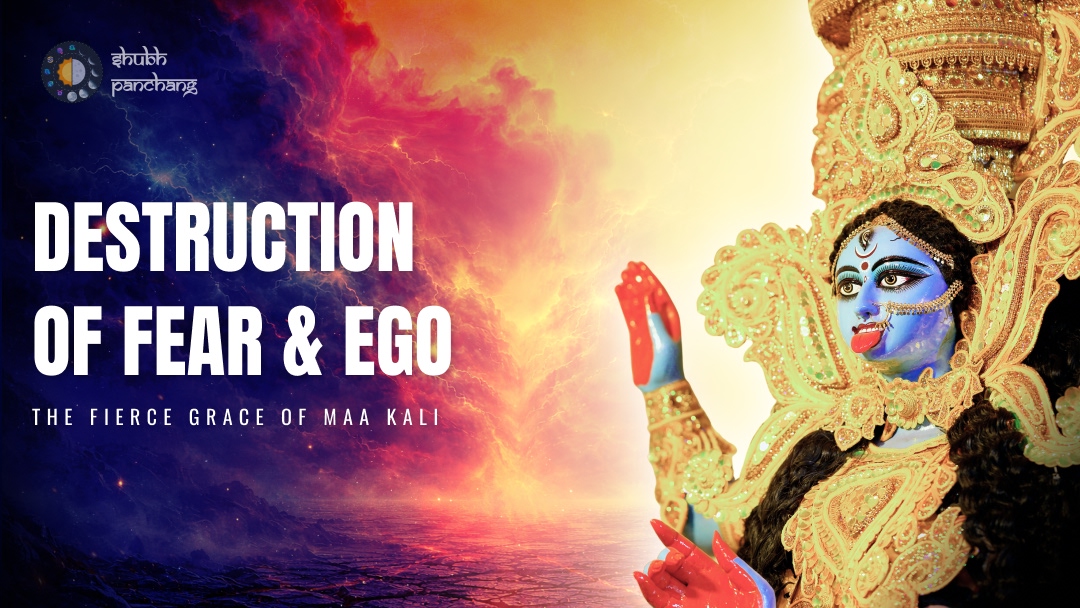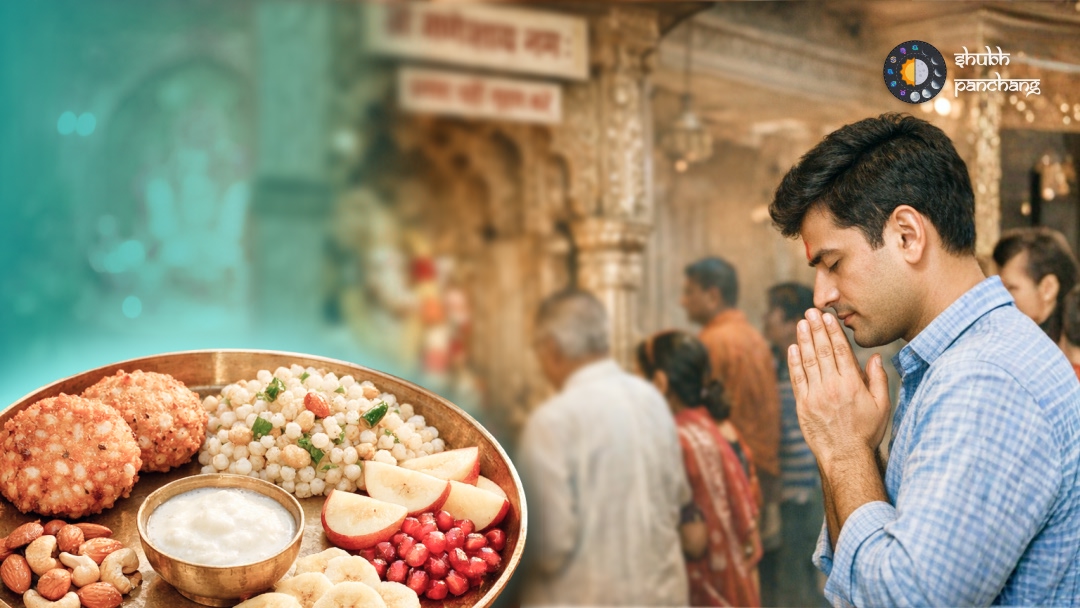
Unveiling Samvatsari: The Day of Universal Forgiveness
Have you ever felt the weight of unspoken apologies, the lingering bitterness of past conflicts? Interestingly, there’s a day dedicated to precisely that—to shedding those burdens and embracing inner peace. I'm talking about Samvatsari, the heart and soul of Jainism’s Paryushan Parv. After years of observing and participating in this deeply transformative festival, I can genuinely say it's more than just a tradition; it’s a pathway to liberation. It’s a chance to reset, reconnect, and rediscover the beauty of forgiveness, not just for others, but for yourself. This blog will explore the depths of Samvatsari, its rituals, and the profound spiritual benefits it offers. Think of it as your guide to navigating this beautiful path of reconciliation and self-improvement.
Paryushan's Culmination: More Than Just an Ending
Samvatsari marks the culmination of Paryushan Parv, an eight-day period of intensive spiritual reflection and purification observed primarily by Shwetambar Jains. But what’s fascinating is how it’s not merely the 'end' but the crescendo, the most pivotal moment of the entire observance. It usually falls on Bhadrapada Shukla Panchami, although some sects and calendars observe it on Chaturthi. I’ve noticed that the anticipation builds throughout Paryushan, reaching its peak on Samvatsari. It's a day steeped in introspection, penance, and, most importantly, forgiveness – known as Kshamapana. This isn't just about saying sorry; it's about genuinely seeking and granting forgiveness, mending fractured relationships, and freeing oneself from the shackles of resentment. The very air seems to vibrate with the intention of reconciliation.
Diving Deep: Rituals of Samvatsari
So, what exactly makes Samvatsari so unique? It's the complete immersion in practices geared towards inner cleansing. Let's explore some of the key rituals:
Pratikraman: Reflecting and Repenting
Imagine a cosmic audit of your actions, thoughts, and words. Pratikraman is precisely that - a meticulous self-assessment where individuals reflect upon their transgressions, big or small, committed during the past year. I remember the first time I truly engaged in Pratikraman; it was surprisingly challenging yet incredibly liberating. Recognizing my imperfections wasn't easy, but acknowledging them was the first step towards growth.
Fasting (Upvas): Disciplining the Senses
Fasting, a common practice during Paryushan, often extends to Samvatsari. This isn't just about abstaining from food; it's about controlling the senses and diverting energy towards spiritual pursuits. Some observe complete fasting (no food or water), while others opt for partial fasting. The key is intention – to purify the body and mind.
Micchami Dukkadam: The Essence of Forgiveness
This phrase, perhaps the most recognizable aspect of Samvatsari, translates to 'May all my misconduct be forgiven.' It’s more than just words; it's a heartfelt expression of remorse and a sincere request for forgiveness from all living beings, knowingly or unknowingly harmed. Interestingly, the act of saying 'Micchami Dukkadam' isn't limited to a formal setting; it's woven into daily interactions, a constant reminder to be mindful of one's actions and their impact on others. But what if I told you this extends to the unseen? I've learned from elders that even the smallest of beings – the insects, the microbes – are included in this compassionate embrace.
The Ripple Effect: Benefits Beyond Forgiveness
The benefits of embracing forgiveness extend far beyond the immediate relief of clearing the air. After years of practice, I've noticed some profound positive changes.
Liberation from Ego:
Forgiveness necessitates humility, a willingness to set aside one's ego and acknowledge the possibility of being wrong. This in itself is incredibly freeing.
Inner Peace:
Holding onto grudges is like carrying a heavy burden. Forgiveness allows you to release that weight, creating space for inner peace and tranquility. I've observed that individuals who genuinely practice forgiveness radiate a sense of calm and contentment.
Stronger Relationships:
Forgiveness mends broken bonds, fostering deeper understanding and compassion. It strengthens relationships by creating a foundation of trust and mutual respect.
Living a Life of Non-Violence (Ahimsa):
At its core, Jainism emphasizes Ahimsa, non-violence in thought, word, and deed. Forgiveness is a powerful tool in practicing Ahimsa, as it allows us to respond to negativity with compassion rather than aggression.
Truth and Compassion:
Samvatsari encourages us to live a life rooted in truth and compassion. By seeking forgiveness and forgiving others, we move closer to our authentic selves and cultivate empathy for all beings.
Embracing the Spirit of Samvatsari: A Call to Action
Samvatsari is not just a day of rituals; it's a potent reminder to live consciously, compassionately, and with unwavering commitment to non-violence. It’s a chance to examine our lives, acknowledge our imperfections, and actively work towards becoming better versions of ourselves. Interestingly, the principles of Samvatsari are universal. You don't have to be Jain to embrace the power of forgiveness and experience its transformative benefits. So, as Samvatsari approaches, I challenge you to reflect on your own relationships, identify any lingering resentments, and take the first step towards forgiveness. Say 'Micchami Dukkadam' not just as a formality, but as a sincere expression of remorse and a genuine desire to heal. Wait until you discover the lightness and freedom that comes with letting go and embracing the path of compassion. Let's all try to incorporate these values into our daily routines, creating a ripple effect of positivity and understanding in the world around us.







